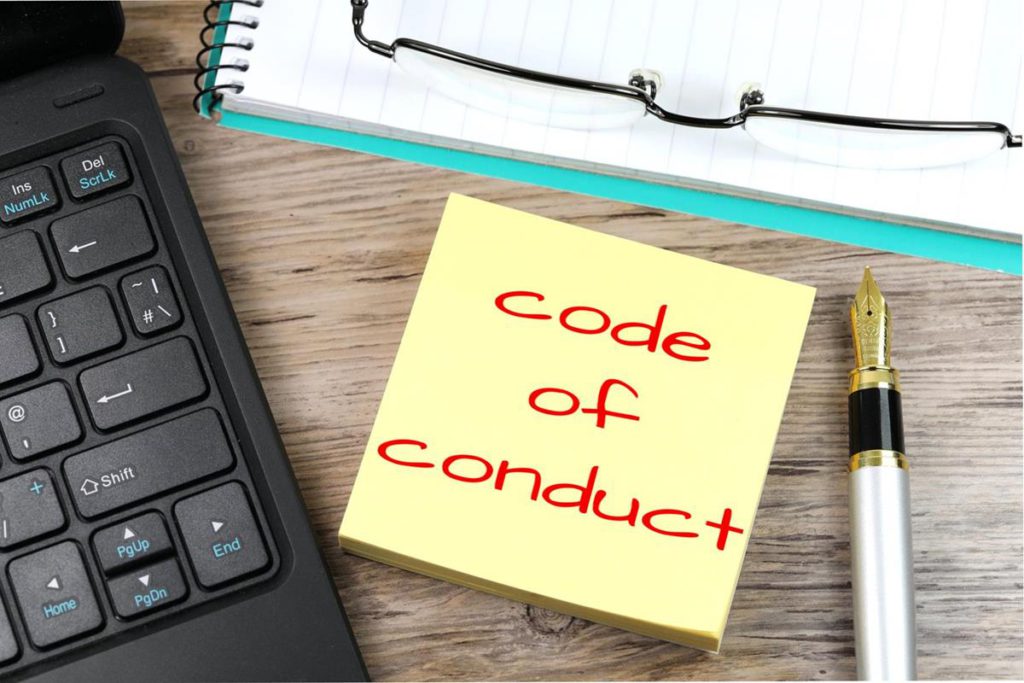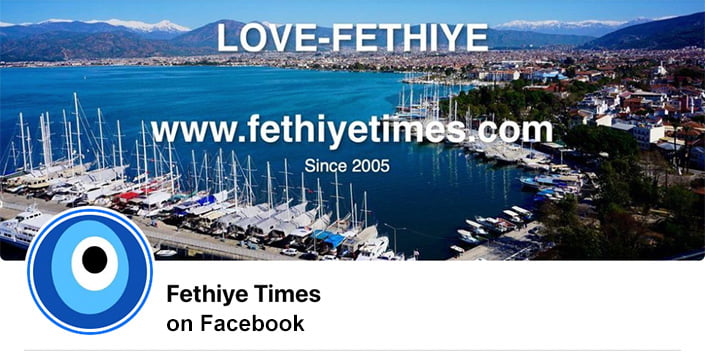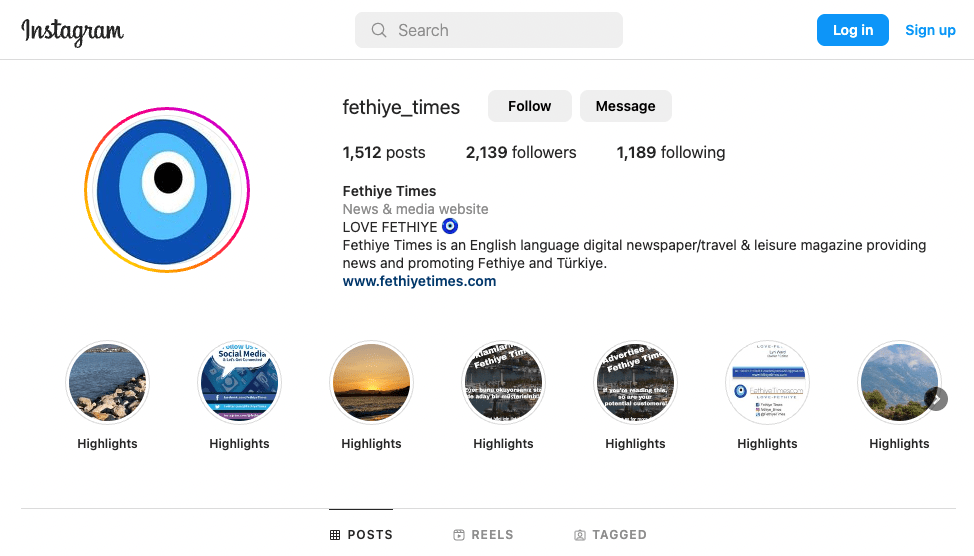Have you ever wondered just what rules and regulations govern the media or how newspapers or online news sites make decisions on what they should and should not publish? Is everything fair game or are there limitations on what can be reported?
The answers can depend on where you are in the world. Different countries have different ideas of what represents a “free press”. For Fethiye Times – with a base in the UK publishing for an audience in Turkey – we have two very different approaches to consider.
Did you know, for example, in Turkey, insulting the president carries a four-year prison term if the person responsible is tried and convicted? As a result of stricter security measures imposed since the attempted coup in 2015, public servants are also not allowed to speak to the media.
But most countries also have their own laws to prevent libel or irresponsible reporting, most of them developed to encourage publishers to stick to established facts rather than speculation, conjecture or even vitriol.
At Fethiye Times, we do our best to ensure first of all that what we publish complies with the basic rules of western journalism, regardless of whether it’s something we have compiled ourselves, something submitted by a correspondent or even a comment posted on our Facebook page.
Accuracy
Stories in Fethiye Times are based on information gathered in good faith by the reporting team, who will do all in their power to ensure the articles they write are a true and accurate representation of the facts. In instances where errors can be shown to have occurred, Fethiye Times will print corrections, giving them equal prominence to the story in which any incorrect information appeared.
Other than in a review, Fethiye Times will not offer opinions on the information reported. It’s important the team remains objective at all times and is not seen to take sides, whether it’s on a consumer issue, in a public or personal debate or in politics.
Privilege
It’s important to note western guidelines allow the media “qualified privilege” at public meetings. In other words, the facts from a public meeting can be reported without the need to check with any agencies or individuals who may be mentioned. However, they have the right to reply should they wish to respond and must be given an equal opportunity to present their own arguments.
The only exception is in court. A publisher has “absolute privilege” to print whatever is said in a court of law – even if it’s not true – as it’s not possible to verify details given, particularly by the defence. However, the account of any case must be fair and accurate and based on contemporaneous notes taken during the hearing.
Libel
Fethiye Times will not be party to any article, Facebook status or comment by a third party which risks libel. Of course, debate is essential to a free media but any articles or comments must be factual and not based on speculation, conjecture or hearsay.
Neither must they include information which cannot be substantiated or any allegations inspired by malice or spite. Personal attacks on individuals, their character, their family, their standing in the community or their business will not be tolerated.
Social media
Although social media has been part of the mix for more than a decade now, it has been notoriously difficult to regulate. However, admins on Facebook pages and groups carry a similar responsibility to a publisher and therefore need to be on top of the content.
The Fethiye Times Facebook page is moderated regularly and any comment or information published which is considered offensive or libellous will be removed immediately. We carry the responsibility for the content of the page and we, therefore, reserve the right to decide what is posted.
Negativity, unsubstantiated opinions, and failure to follow our community guidelines will lead to an instant ban from the page.
Turkish media policies
However, although we are an internet-based operation with a UK base, the overarching principles within which we work also need to be cognisant of our host nation. Therefore we must also observe Turkish protocols and legislation, which means observing stricter controls and media management procedures, still partly inspired by the political and national security situation.
As we are not a newspaper or media organisation registered in Turkey, we cannot expect to have free access to local government or public services that a news organisation could expect in the UK. Any information provided by the local authorities is at their discretion. It is not something we can demand by right.
Neither can we easily challenge decisions made either by the council or the government. To do so would require us to establish facts, which would be difficult to glean without access to the relevant departments.
As long as all accounts are fair and accurate, Fethiye Times is free to report community and public events, charity affairs, natural phenomena such as storms, human interest stories and accidents and emergencies.
However, under the current media regulations in Turkey, it is not our role to take up the cudgel or challenge those in authority or who serve in a public capacity. Without the full cooperation of all sides, it is also inadvisable for us to become embroiled in political reporting.
If readers have any questions about our code of practice or wish to comment on our reporting, our email address is fethiyetimes2017@gmail.com We welcome constructive feedback and will always try to deal with inquiries promptly.






